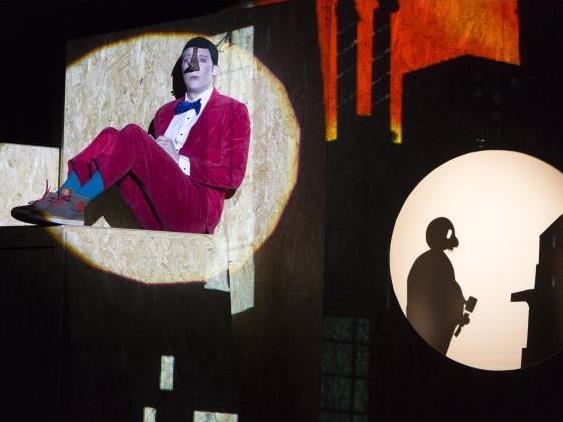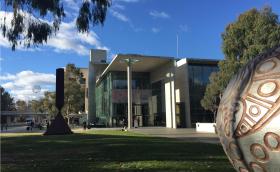Windmill Theatre Company, whose production Pinocchio is pictured above, are no longer part of Arts South Australia’s portfolio. Photo credit: Brett Boardman.
The South Australian arts sector is reeling following the announcement of the Marshall Government’s first state budget on Tuesday (4 September).






